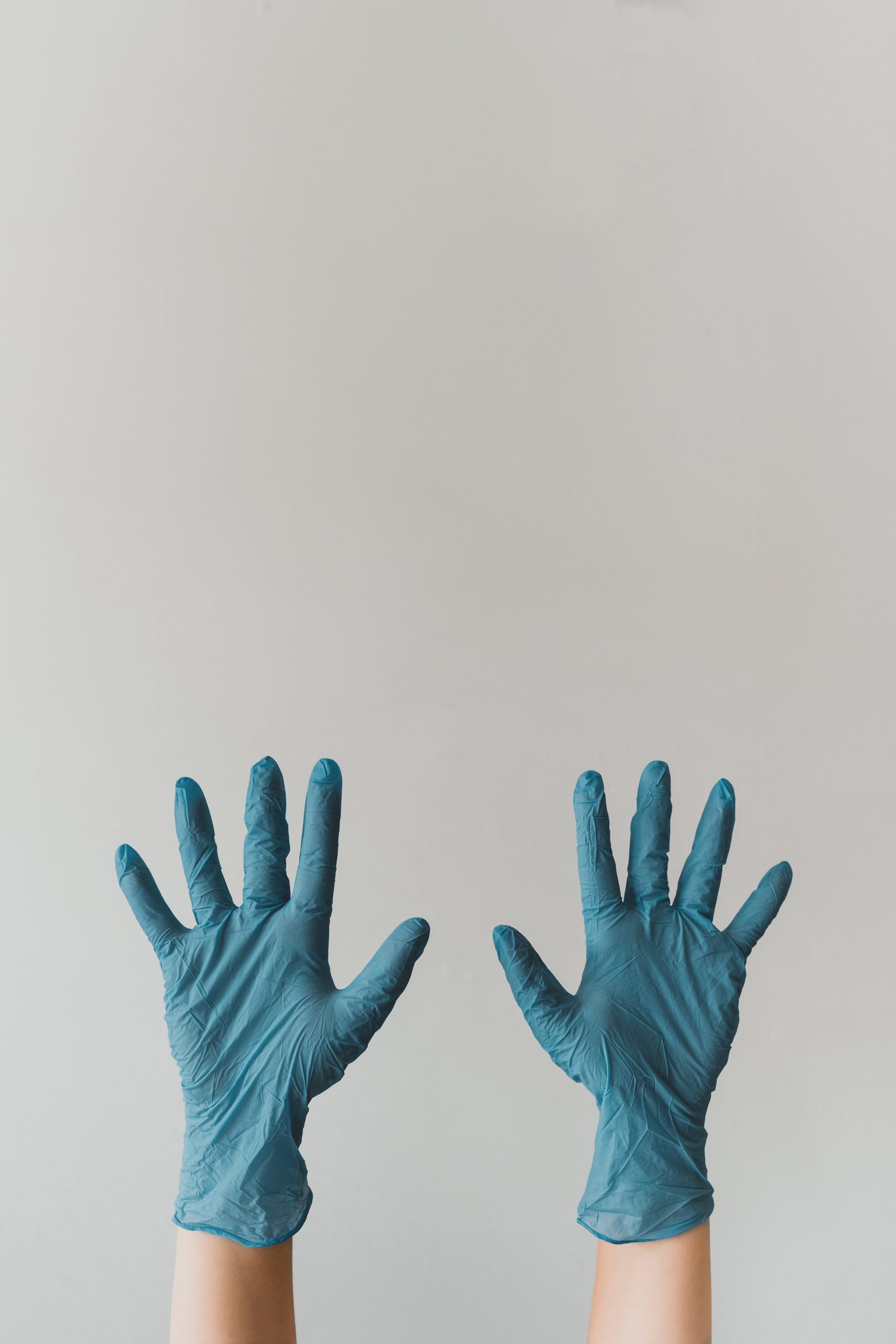As patients, we look to our doctors and others in the medical profession to help us heal from illnesses. However, what the studies indicate is that doctors and medical professionals often struggle with burnout and depression, as well as substance abuse. This leads to asking the question: What are doctors and other medical professionals doing to practice self-care and wellness?
According to Mindful magazine, almost half of U.S. doctors report symptoms of burnout. Doctors work, “an average of 10 hours more per week than other U.S. workers and are nearly twice as likely to be dissatisfied with their work-life balance.” Sadly, “300 to 400 U.S. doctors commit suicide every year. Death by suicide in male physicians is 70% higher than among men in other professions, and up to 400% higher among female physicians than women in other professions.” In addition, doctors are, “3.5 times more likely to abuse prescription drugs. Physicians are as susceptible to alcohol or drug abuse as the general public, however they’re five times more prone to abusing prescription drugs.”
Burnout is problematic in any profession, but particularly in the medical professional because, “doctors who are burned out are not simply exhausted—they treat their patients as objects, have less empathy for them, and feel a low sense of accomplishment.”
Self-care and engaging in activities that will maximize wellness isn’t always easy, especially for busy professionals. I interviewed Margaret M. Hansen, Ed.D., MSN, CNL, RN, professor of nursing, University of San Francisco about how she incorporates self-care into her schedule, and here is what she shared:
“During my workday at the computer, I step away and take a stretch break every 50 minutes for 10 minutes. I set my alarm on my phone to alert me to stand and stretch. I have a scheduled time to take walks with my yellow Labrador, Soley. And I have a scheduled time each day to meditate.”
Why is it so difficult to incorporate wellness and self-care into our schedule?
I think nurses and physicians value self-care; however, they get very busy and forget to exercise self-care practices. It takes self-discipline, motivation, and self-permission to carve out the time to mindfully do self-care activities. A “wellness concept” that focuses on a healthy balance of mind, body, and spirit may be at arm’s reach; however, healthcare professionals may see a need to serve patients and forget about their own well being. Sadly, some healthcare providers put aside their own health promotion and disease prevention practices.
I am proposing a new course, “Wellness: Mind, Body, Spirit,” for our novice undergraduate nursing students at the University of San Francisco. The course is a holistic approach, leading the student to identify, discuss, and embody the behavioral changes necessary to obtain the Six Dimensions of Wellness: physical, social, intellectual, spiritual, emotional, and occupational balance. The Six Dimensions of Wellness model was created by Dr. Bill Hettler, co-founder of the National Wellness Institute. I am excited to launch this course because it will enable young nursing students to engage in self-care practices, and then in turn role-model it to peers, patients, family members, and society as a whole. It is my fervent hope it will have a domino effect.
How do you incorporate self-care into your daily life?
I am very interested in “Shinrin Yoku: The Medicine of Being in the Forest” because I find a great reduction of work-related stress by walking, hiking and/or backpacking in nature on a routine basis. There is quite a bit of research about the effects of nature on our neurological systems, and such authors as Selhub and Logan have explored the benefits of exposure to nature on our health and overall mental well-being.
I also engage in masters swimming, open-water rowing, and cycling, to stay focused on my teaching and research responsibilities. Moreover, I am very interested in mindfulness, gratitude, compassion, empathy, and cultivating humble leadership skills.
My self-care practices energize and sustain me, while decreasing the emotional exhaustion, stress, and potential burnout associated with my profession as a nurse educator. Currently, I am spilling my self-care practices by writing a research grant that will look at the effect of mindfulness meditation, nature walks, and cardiovascular exercise on nurse educators’ levels of stress, emotional exhaustion, job satisfaction, and general happiness. This study will hopefully shine a light on the positive effects of self-care practices, and assist in retaining nurse faculty in order to educate individuals to become nurses.
As the saying goes, “Secure your own oxygen mask before assisting others.” Self-care is the oxygen mask for us and it is time to be mindful of this fact!
This article previously appeared on Forbes.

